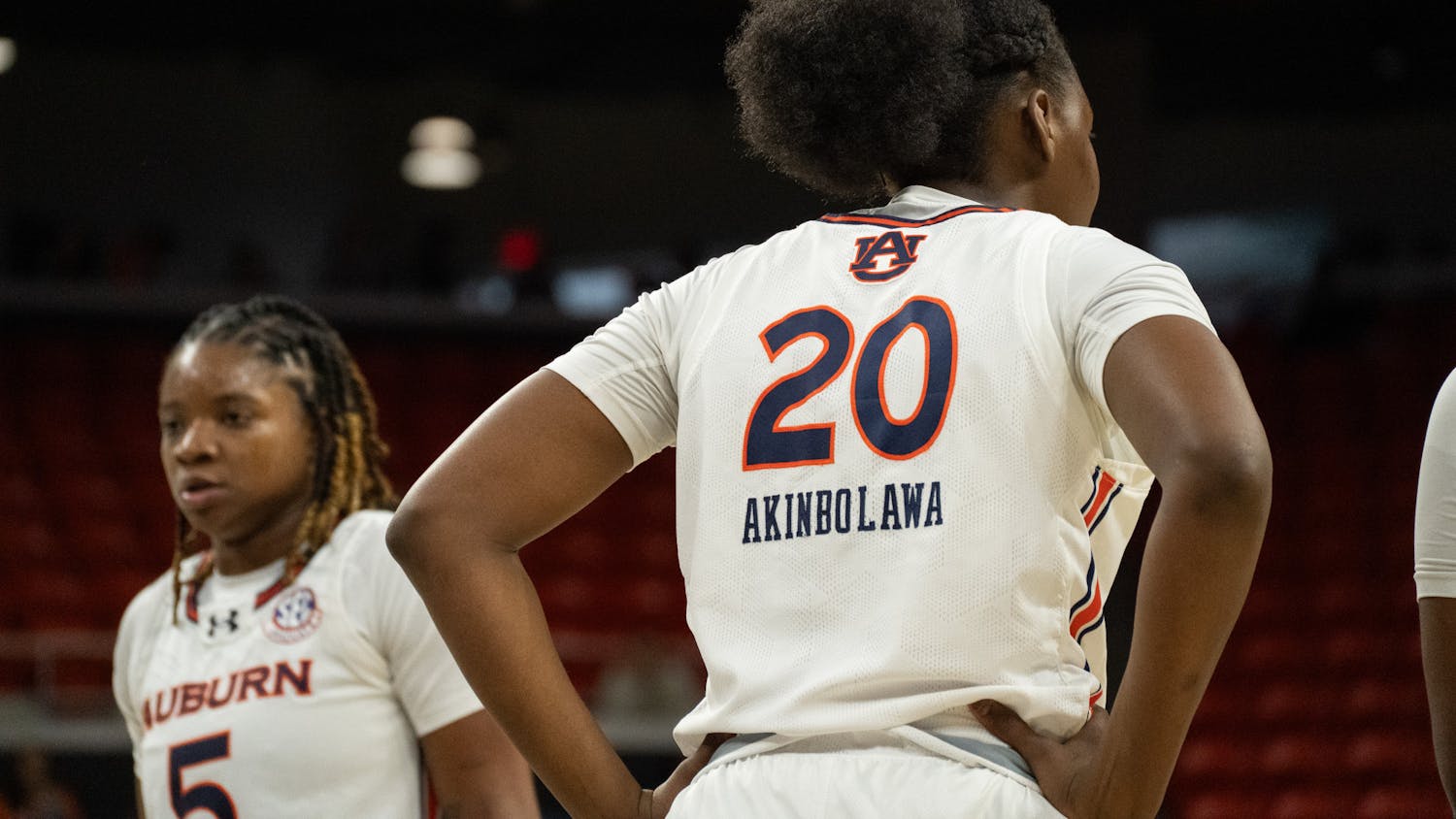With each year, at least each year since streaming platforms began to engulf television as we understand it, it seems there are less and less pop culture events that unite Americans.
The cultural landscape is fragmented, of course, by taste, but now, it is also divided by subscription models that have exponentially dissipated the need for live viewing.
Overall, though, two particular television events have always been made more or less mandatory viewing: The Super Bowl and the Oscars. Sure, there are plenty of people that would express apathy toward sports or film, but people still expected to have a peripheral awareness.
The Super Bowl can be enjoyed by even the most loathsome sports observer because every year, without fail, it offers a narrative, often of one where an underdog takes on an opponent highly favored to win.
The Oscars, however, offers an opportunity to celebrate the best film of the year.
The lowest hanging fruit is seeing a good number of famous, beautiful people all in one room at the same time. Both reasons are perfectly acceptable.
But since its inception, and especially since the turn of the 21st century, the Academy Awards have never been just about celebrating film achievement.
The awards serve as a public opportunity to celebrate a narrative about America in that particular moment in time. Yes, the narrative within the pages of a film’s script, but also the narrative America is telling about itself.
Passive moviegoers could object to that idea and cite their own indifference as evidence, but the Oscars, like the Super Bowl, possess such a strong cultural capital that they matter with or without you.
This year, the major storyline that’s unfolding revolves around Green Book, a film about race relations in the 20th century, produced by Auburn alumna Octavia Spencer and starring Mahershala Ali and Viggo Mortensen, and the questions revolving around its message. Chiefly, the focus is on the fact that its script was written by the son of the white character, and elements of the script have been disputed by Ali’s character.
This is juxtaposed with the other supposed frontrunner Roma, directed by Alfonso Cuaron, which is a portrait of class and family in Mexico. It leads the nominations along with art-house hit, The Favourite, which, not for nothing, was my favorite.
The other best picture nominees are also markedly more commercial than in past years and include hits like Bohemian Rhapsody. A lot of moving parts, I know.
The question that remains, no matter which particular thread you follow this year is: what story are we celebrating?
It is both reductive and expedient to cast Green Book as just the villain this year, its crime being oversimplifying a vastly complicated and painful history of race in this country. I believe the film was created with good intentions, but the complaints coming from the communities it wishes to represent take issue with it.
Is this the story we want to celebrate? Ultimately, whose story is it?
Roma would be the first foreign-language film to win best picture, a stride that would certainly be worth celebrating.
Admittedly, though, I can’t help but worry that it pushes the Oscars further into an esoteric corner with The Shape of Water’s win, which elicited plenty of groans from the larger population last year.
Shouldn’t we celebrate a story most people can connect with?
If that’s true, then films like the nominated Black Panther and A Star is Born, which found massive critical and commercial success, would certainly be worthy stories to celebrate.
Best picture does not connote simply the most formally beautiful film, but it’s an opportunity to celebrate achievement.
Celebration directly indicates a cause for marking something’s importance and achievement implicitly suggests progression, but which type of progress? Who are we progressing to be?
In an age of hyper-fragmentation of media, culture and politics, monolithic conclusions to these questions seem to be impossible.
No matter which narrative is told on Feb. 24, the film that is celebrated will say something about all of us.
Camille Morgan is a senior in marketing.
Do you like this story? The Plainsman doesn't accept money from tuition or student fees, and we don't charge a subscription fee. But you can donate to support The Plainsman.





